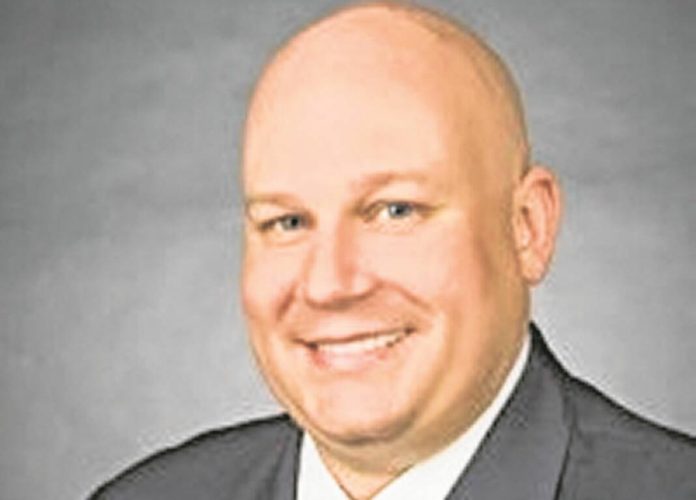People often want to purchase land or machinery and equipment for a business. Because cash is always king, borrowers sometimes cannot satisfy lenders’ requirement of a 20% to 30% down payment.
When facing a gap between the required down payment and available resources, borrowers can sometimes find some government program that could assist in decreasing the down payment for the business purchase, but that down payment decrease will come at a cost. Alternatively, the lender might decrease the down payment somewhat in exchange for a higher interest rate.
Parents (or other family members) of those borrowers seeking to start or grow a business may own a commercial building or farmland and may have some liquid cash that could be used toward the borrower’s down payment. However, even if parents have liquid cash, parents may not want to lose that cash’s availability and flexibility.
In these situations, parents can legally use their equity in land or buildings as collateral for an adult child’s purchase of business assets without making a blanket guarantee of the entirety of an adult child’s loan. This is technically considered a “limited guarantee” that is limited to the equity in the specific land or buildings used as additional collateral for the loan.
However, there are several conditions that I recommend in these contexts. The conditions protect both the parents and other family members who are not involved in the transaction.
First, adult children need to have some equity in the deal, usually at least as much equity as the adult children are relying upon from the parents. In other words, the entire down payment should not be made up of the equity in the parents’ assets.
In other words, if the lender needs a $50,000 down payment, the adult children should themselves come up with at least $25,000.
Second, parents should only allow their assets to be used as collateral for their adult children’s purchase of legitimate, business-related assets, like land and commercial buildings. Business-related assets will ideally make money, which decreases the likelihood of the adult children’s default.
For example, parents should not make their assets available as collateral for their adult children’s purchases of vacation homes or to speculate on cryptocurrency. If parents want to help in these situations, parents should expect that their assistance is and will be a gift.
Third, there needs to be a written agreement between the parents and the adult, borrowing children that if there is a default by the children, the parents retain the right to make themselves whole from the children’s other assets and to keep all of the equity that the children pledged for the loan.
This arrangement can end up putting the parents in a better position at the end of a loan default than the parents were in before the deal was signed. However, this is appropriate because it keeps the adult children fully motivated and incentivized to properly pay off the loan, and it reflects the incredible (essentially irreplaceable) value that the parents are providing.
Lee R. Schroeder is an Ohio licensed attorney at Schroeder Law LLC in Putnam County. He limits his practice to business, real estate, estate planning and agriculture issues in northwest Ohio. He can be reached at [email protected] or at 419-659-2058. This article is not intended to serve as legal advice, and specific advice should be sought from the licensed attorney of your choice based upon the specific facts and circumstances that you face.







